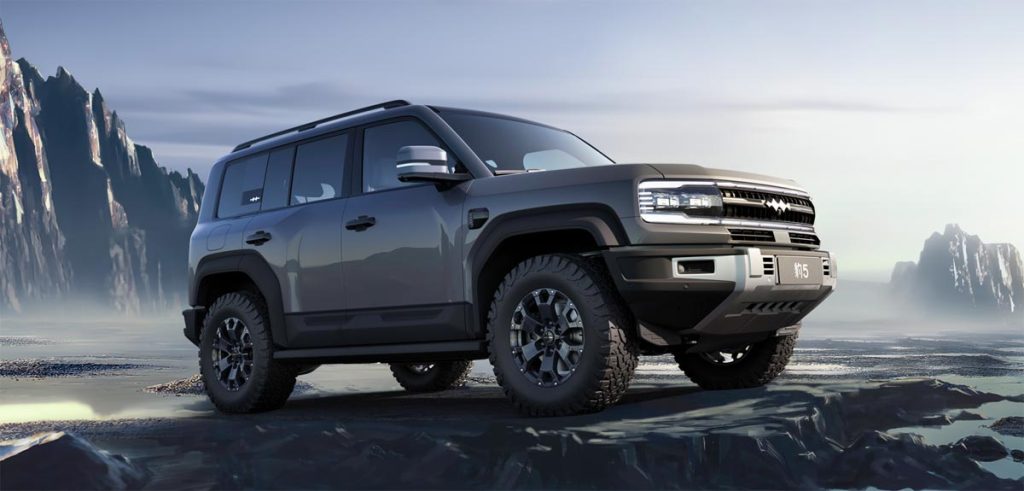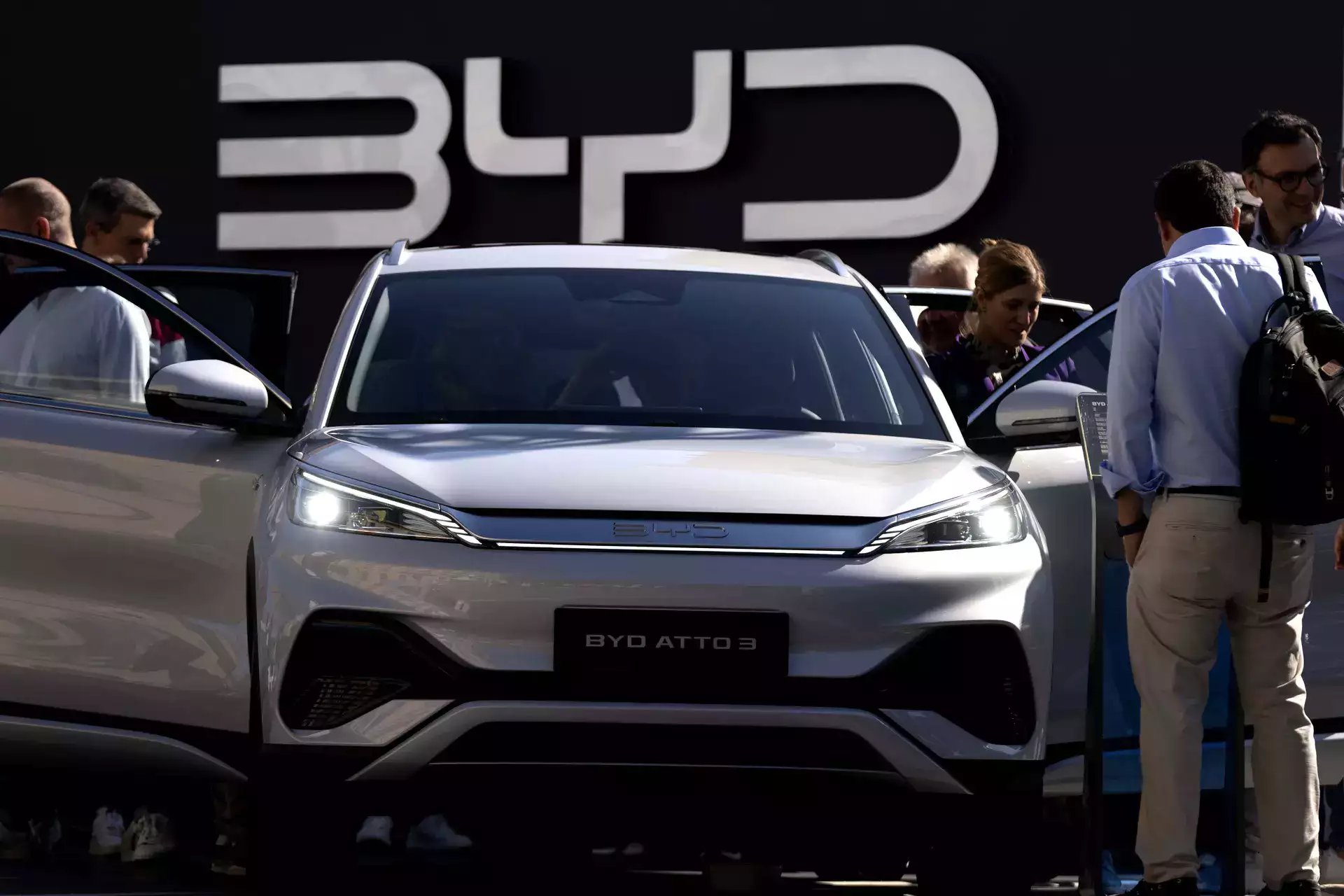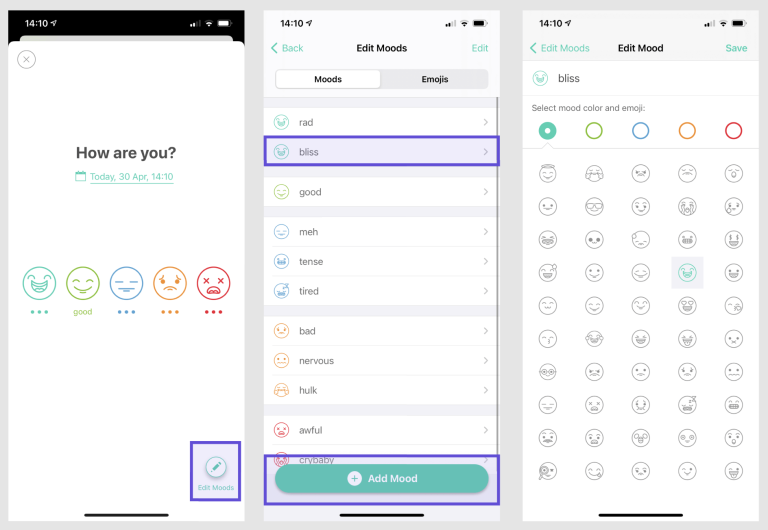In a significant move to enhance its position in the electric vehicle (EV) market, Chinese EV giant BYD has partnered with tech conglomerate Huawei. This collaboration will see Huawei’s advanced autonomous driving system integrated into BYD’s upcoming off-road Fangcheng Bao EVs.
The first model to feature Huawei’s Qiankun intelligent driving system will be the Bao 8 SUV, which is expected to hit the market later this year. This partnership marks a strategic step for BYD as it seeks to expand its premium offerings and compete with other major players in the smart driving technology arena.
Huawei’s Advanced Autonomous Driving System
Huawei’s Qiankun intelligent driving system represents a significant advancement in autonomous driving technology. As a leader in the tech industry, Huawei has been making strides in the EV sector, particularly in developing cutting-edge driver-assistance systems (ADAS).
The Qiankun system is designed to provide enhanced safety, convenience, and a superior driving experience, making it an attractive addition to BYD’s premium EV lineup.
Fangchengbao Lineup and the Bao 8 SUV

BYD’s Fangchengbao lineup is part of the company’s strategy to move upscale and capture a larger share of the premium EV market. The Bao 8 SUV, which will debut Huawei’s Qiankun system, is expected to offer advanced autonomous driving capabilities, positioning it as a strong competitor in the growing luxury EV segment.
This model is set to attract consumers looking for high-end features and cutting-edge technology in their vehicles.
Expanding Premium Offerings
BYD has long dominated the EV market with its cost-effective and reliable vehicles, thanks to its vertical integration strategy. By manufacturing key components like batteries in-house, it has been able to maintain a significant cost advantage over competitors.
However, as the EV market evolves, BYD is shifting its focus towards premium brands such as Denza, Fangchengbao, and Yangwang. This move aims to increase profitability by capturing a share of the luxury market, which has higher margins and growing consumer demand.
Increasing Premium Brand Sales
Despite BYD’s dominance in the overall EV market, its premium brands accounted for only 5% of its total sales in the first half of the year. The partnership with Huawei is a strategic effort to boost these numbers by offering state-of-the-art technology in its upscale models.
By enhancing the appeal of its premium offerings, it hopes to attract more discerning customers and establish a stronger presence in the luxury EV segment.
Expanding ADAS Technology
Huawei’s collaboration with BYD is a testament to its growing influence in the EV industry. The company has been expanding its reach by providing ADAS technology to various automakers, including global brands like Volkswagen’s Audi, which will use Huawei’s systems in its EVs for the Chinese market.
This trend highlights Huawei’s ambition to become a key player in the autonomous driving space, leveraging its expertise in telecommunications and technology to offer advanced solutions for the automotive industry.
Impact on the EV Market
The integration of Huawei’s technology into BYD’s vehicles is expected to have a significant impact on the EV market, particularly in China, where competition is fierce.
As more automakers seek to incorporate smart driving features into their models, partnerships like the one between BYD and Huawei are likely to become more common.
This collaboration not only benefits both companies but also sets a new standard for innovation and quality in the EV industry.
The Road Ahead for BYD
While BYD’s partnership with Huawei is a promising development, the company still faces challenges in its quest to dominate the premium EV market. The ongoing investment in its own advanced driver-assistance system (ADAS) and the reliance on external suppliers for intelligent features in high-end models indicate that it is in a transitional phase.
However, with strategic collaborations and continued innovation, BYD is well-positioned to overcome these challenges and strengthen its position as a leader in the global EV market.
Huawei’s Expanding Influence
For Huawei, the partnership with BYD and other automakers underscores its growing influence in the automotive sector. As the demand for autonomous driving technology increases, Huawei’s expertise and technological capabilities will likely play a crucial role in shaping the future of the EV industry.
By continuing to develop and supply advanced ADAS solutions, Huawei is set to become a key partner for automakers looking to offer cutting-edge technology in their vehicles.
The collaboration between BYD and Huawei marks a significant step forward in the evolution of smart driving technology in the EV market. By integrating Huawei’s Qiankun intelligent driving system into its premium Fangchengbao lineup, it is not only enhancing its vehicle offerings but also positioning itself as a strong contender in the luxury EV segment.
As both companies continue to innovate and expand their influence in the industry, consumers can expect to see more advanced, feature-rich vehicles that push the boundaries of what electric vehicles can offer.
The future of the EV market is undoubtedly exciting, with BYD and Huawei leading the charge toward smarter, more autonomous driving experiences.






